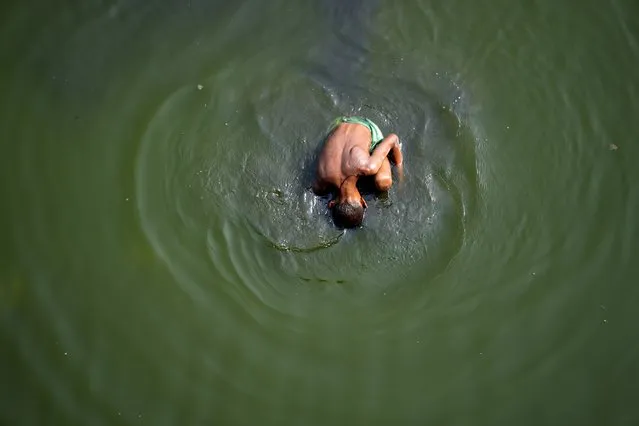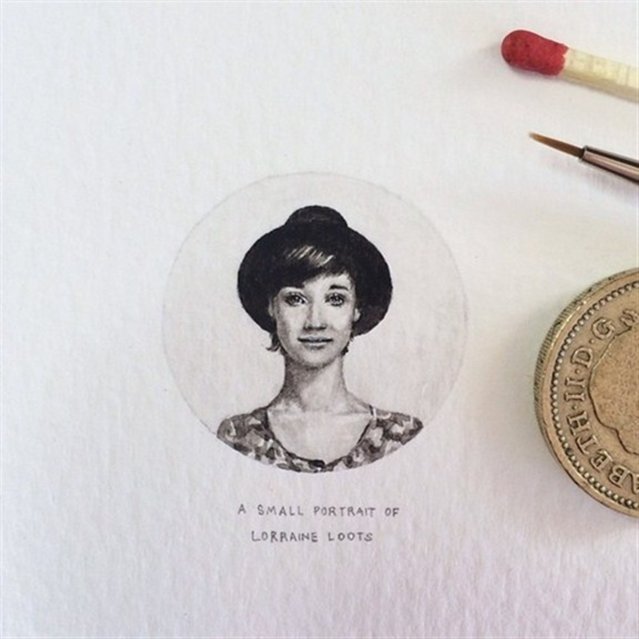
A boy searches for coins thrown by Hindu devotees in river Yamuna where water levels have reduced drastically following hot weather in New Delhi, India, Monday, May 2, 2022. The Indian capital, like many other parts of South Asia, is in the midst of a record-shattering heatwave. (Photo by Manish Swarup/AP Photo)
02 Jul 2022 05:43:00,post received
0 comments







